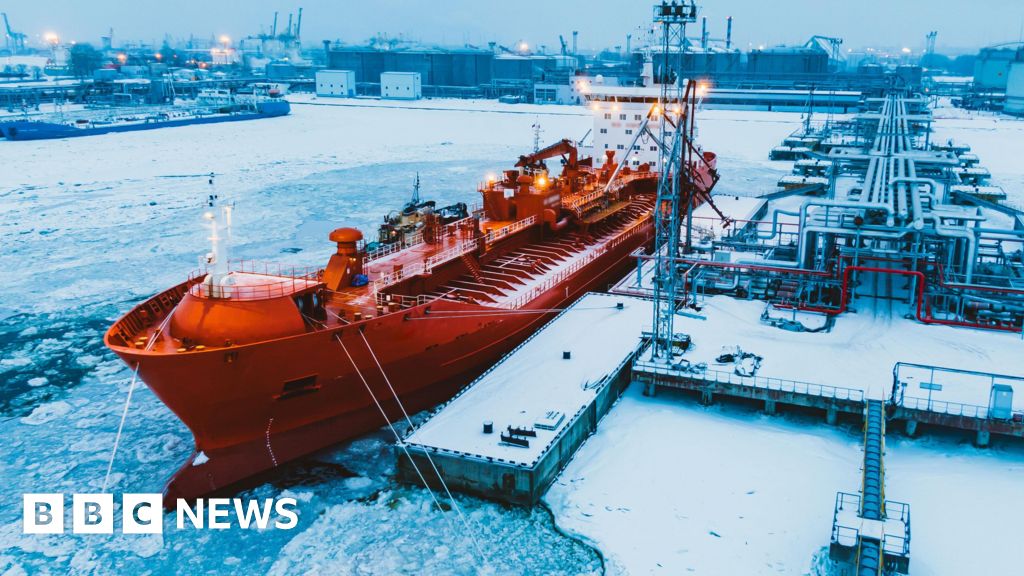The ban on the use of Heavy Fuel Oil (HFO) in Arctic waters has officially taken effect. HFO, a thick, tar-like and cheap fuel, is widely used in shipping worldwide, particularly in tankers. However, burning the substance in the Arctic region where it emits black carbon, and this, in turn, increases snow and ice melting speed. The Arctic is particularly vulnerable to climate change due to the fragility of its ecosystems.
Environmentalists have been urging countries to expand the restrictions that ban HFO use and transport as the substance is a considerable threat to the world’s oceans. In 2011, the oil was prohibited from use or transport in the Antarctic. Finally, they have convinced the nations involved in the International Maritime Organisation (IMO) to enforce a ban in Arctic waters, beginning this year.
Although campaigners acknowledge that the ban is progress, they argue that it will have limited impact due to a series of regulations that permit the continued use of HFO for the vast majority of ships until 2029. According to these regulations, ships with a “protected fuel tank” would be exempt from the ban. Countries bordering the Arctic could also exempt their ships in their territorial waters. Russia, a major player in the region, has over 800 ships operating in Arctic waters and has decided not to implement the new IMO regulations.
It is estimated that the impact of these exemptions will be significant as about 74% of ships using HFO could continue to do so. Campaigners contend that alternative fuels already exist and hope that the shipping industry and Arctic shipping nations will take the ban seriously. The Norwegian government provides an example of what can be achieved as it has already implemented a strong prohibition of HFO around the Svalbard archipelago.
Environmentalists believe that increased efforts to extract oil in the Arctic could lead to a further rise in the use of HFO instead of a decrease. Therefore, they hope that Irish ships’ prosecution for using HFO in the region and the million Norwegian kroner fine handed out acts as a deterrent. The Arctic, however, cannot afford to wait. As scientists predict the possible appearance of the first ice-free days in the Arctic in the ’30s or even as early as 2030, campaigners urge countries and industries to take swift action to restrict the use of these oils and reduce black carbon emissions
Read the full article from The BBC here: Read More
